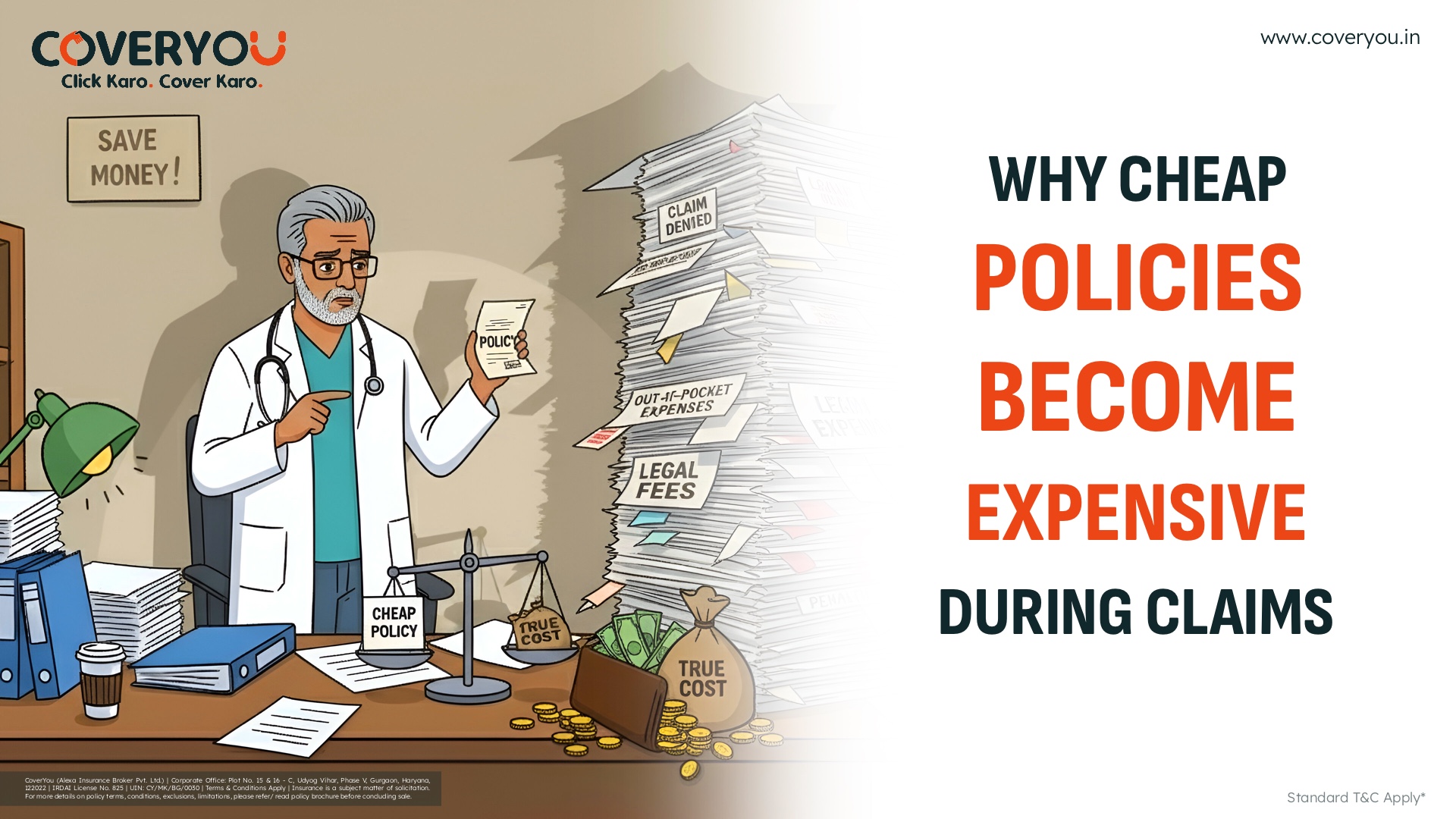Introduction
Doctors invest countless hours in building their clinical expertise, yet financial management often takes a backseat. Neglecting financial planning can jeopardize long-term stability despite a high earning potential. This blog post critically analyses common financial pitfalls—delayed retirement planning, overlooked debt management, and poor investment choices—and offers actionable strategies to secure a robust financial future.
1. Delayed Retirement Planning
The Pitfall
Many doctors postpone retirement planning due to early career demands, the allure of immediate income, or the assumption that a high salary alone will secure their future. This delay can result in insufficient retirement funds, jeopardizing the quality of life in later years.
Critical Analysis
- Time Value of Money: Postponing retirement savings means missing out on decades of compound interest. Even small contributions made early can grow significantly over time.
- Tax Efficiency: Utilizing tax-advantaged accounts like IRAs and 401(k)s is crucial. These accounts not only reduce taxable income now but also allow investments to grow tax-deferred.
- Behavioural Bias: A short-term focus can overshadow long-term benefits. Recognizing this bias is the first step toward a disciplined, future-oriented savings strategy.
Strategies to Avoid the Mistake
- Start Early: Even minimal contributions can lead to substantial growth. Automate contributions to ensure consistency.
- Leverage Tax-Advantaged Accounts: Maximize contributions to retirement plans to benefit from tax breaks and compound growth.
- Financial Education: Regularly review retirement planning strategies with a financial advisor to adjust contributions as income and expenses change.
2. Overlooking Debt Management
The Pitfall
The high cost of medical education often leaves doctors with significant debt, compounded by practice start-up costs. Failing to manage this debt can lead to financial strain and reduced flexibility.
Critical Analysis
- Debt-to-Income Ratio: An unmanaged debt load can hinder future borrowing capacity and increase financial vulnerability. High-interest debts, in particular, can quickly erode financial stability.
- Opportunity Cost: Allocating too many resources to debt repayment might limit the ability to invest in wealth-building opportunities. Striking the right balance is essential.
- Systemic Pressures: The competitive nature of the medical field sometimes drives doctors to prioritize immediate debt relief over long-term strategic planning. This reactive approach can exacerbate financial challenges later on.
Strategies to Avoid the Mistake
- Prioritize High-Interest Debt: Focus on paying off high-interest loans first to reduce the overall debt burden.
- Structured Repayment Plans: Consider refinancing options or structured repayment plans that align with your income trajectory.
- Budgeting: Maintain a disciplined budget to monitor cash flow, ensuring that debt repayments do not impede essential investments or savings.
3. Poor Investment Choices
The Pitfall
Despite their expertise in medicine, many doctors may lack comprehensive financial literacy, leading to investment choices that are either overly risky or too conservative.
Critical Analysis
- Risk vs. Reward: Without a clear understanding of the risk-reward balance, doctors might chase high returns without considering the accompanying risks. Conversely, overly cautious strategies might not yield sufficient growth.
- Diversification Failure: Concentrating investments in one asset class—be it stocks, bonds, or real estate—can leave one vulnerable to market volatility. Diversification is key to mitigating risk.
- Reliance on Advice: Doctors may rely on generic advice or personal anecdotes rather than a personalized financial strategy, which can lead to misaligned investment portfolios.
Strategies to Avoid the Mistake
- Educate Yourself: Increase financial literacy through courses, books, and seminars tailored to high-income professionals.
- Diversify Investments: Build a diversified portfolio that includes a mix of stocks, bonds, and real estate to balance risk and returns.
- Consult Experts: Work with a financial advisor who understands the unique challenges and opportunities in the medical field to tailor an investment strategy that aligns with your long-term goals.
Conclusion
A career in medicine is demanding, but financial health should not be side-lined. Critical analysis reveals that early and disciplined planning is essential. By avoiding the pitfalls of delayed retirement planning, overlooking debt management, and making poor investment choices, doctors can build a secure financial foundation. Proactive steps such as starting retirement contributions early, prioritizing and managing debt, and diversifying investments not only ensure long-term stability but also allow medical professionals to focus on their passion—providing exceptional patient care—without the looming worry of financial insecurity.
Embracing these strategies requires both commitment and continuous learning, but the payoff is a resilient financial future that matches the dedication and precision doctors bring to their practice.
















